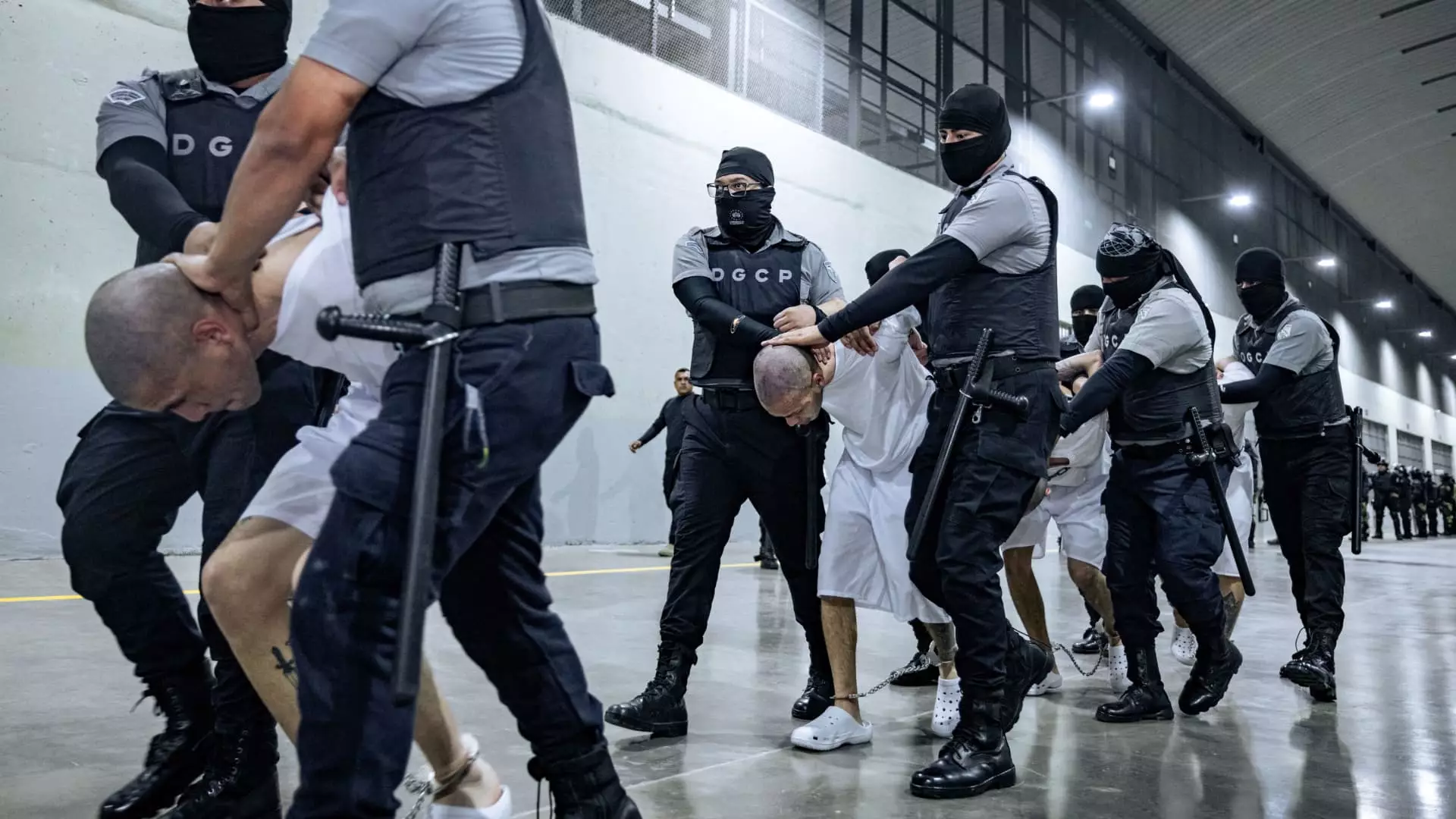In a momentous ruling, the Supreme Court has compelled the Trump administration to confront the catastrophic consequences of its handling of immigration policies. The case of Kilmar Abrego Garcia highlights not only the flaws in grounding deportation decisions on erratic and unfounded allegations but also brings to light an administration that seems to prioritize political narratives over lawful processes. Garcia’s wrongful deportation to El Salvador could have cast him into dire circumstances, demonstrating an unsettling trend in the treatment of individuals within the U.S. immigration system.
Garcia’s situation encapsulates the cruel bureaucratic machinery at work when even a basic understanding of law and human rights is sidelined. The Supreme Court’s insistence that the administration “facilitate” his return signifies a necessary pushback against the overreach and erratic procedures that can lead to the brutal reality many immigrants face today. It’s a reminder of the dark times when individuals are treated more like statistics in political arguments rather than human beings deserving of rights and justice.
Exposing Flawed Justifications
The Trump administration’s reliance on claims of Garcia’s affiliation with the gang MS-13 to justify his deportation raises critical questions about the validity of such assertions. It appears incomprehensible that an administration would rely on dubious accusations without concrete evidence, especially after acknowledging the procedural errors involved in his removal. The juxtaposition of Garcia’s alleged gang affiliation against a backdrop of a decade in the U.S. without any criminal charges is nothing short of a travesty.
Rather than standing firmly on the principles of justice and due process, the administration appears to willingly sidestep these essential tenets in favor of a narrative that demonizes entire communities for political gain. The idea that someone can be labeled a criminal based on vague associations underlines a systemic failure and unchecked power that can easily spiral into more significant injustices.
Judiciary’s Role in Protecting Human Rights
This case also emphasizes the indispensable role of the judiciary in protecting individual rights against governmental malfeasance. By insisting that the Maryland District Court clarify its order, the Supreme Court is reinforcing the need for oversight in matters that gravely affect human lives. The notion that justice must prevail, even in the face of administrative errors and misjudgments, is a central tenet of a functional democracy.
The Supreme Court’s ruling hints at a deeper responsibility that falls onto the executive branch concerning its conduct in foreign affairs and the treatment of individuals affected by its decisions. It’s a clear reminder that no administration is above the law, nor should any individual be abandoned because of state-induced chaos in policy implementations.
Garcia’s plight evokes a profound sense of urgency in addressing the flaws within the immigration system, revealing that the immigration narrative must shift from punitive measures toward one rooted in compassion and justice. Without such a shift, we risk further alienating and dehumanizing those who sought refuge in a land that once promised safety and opportunity.

